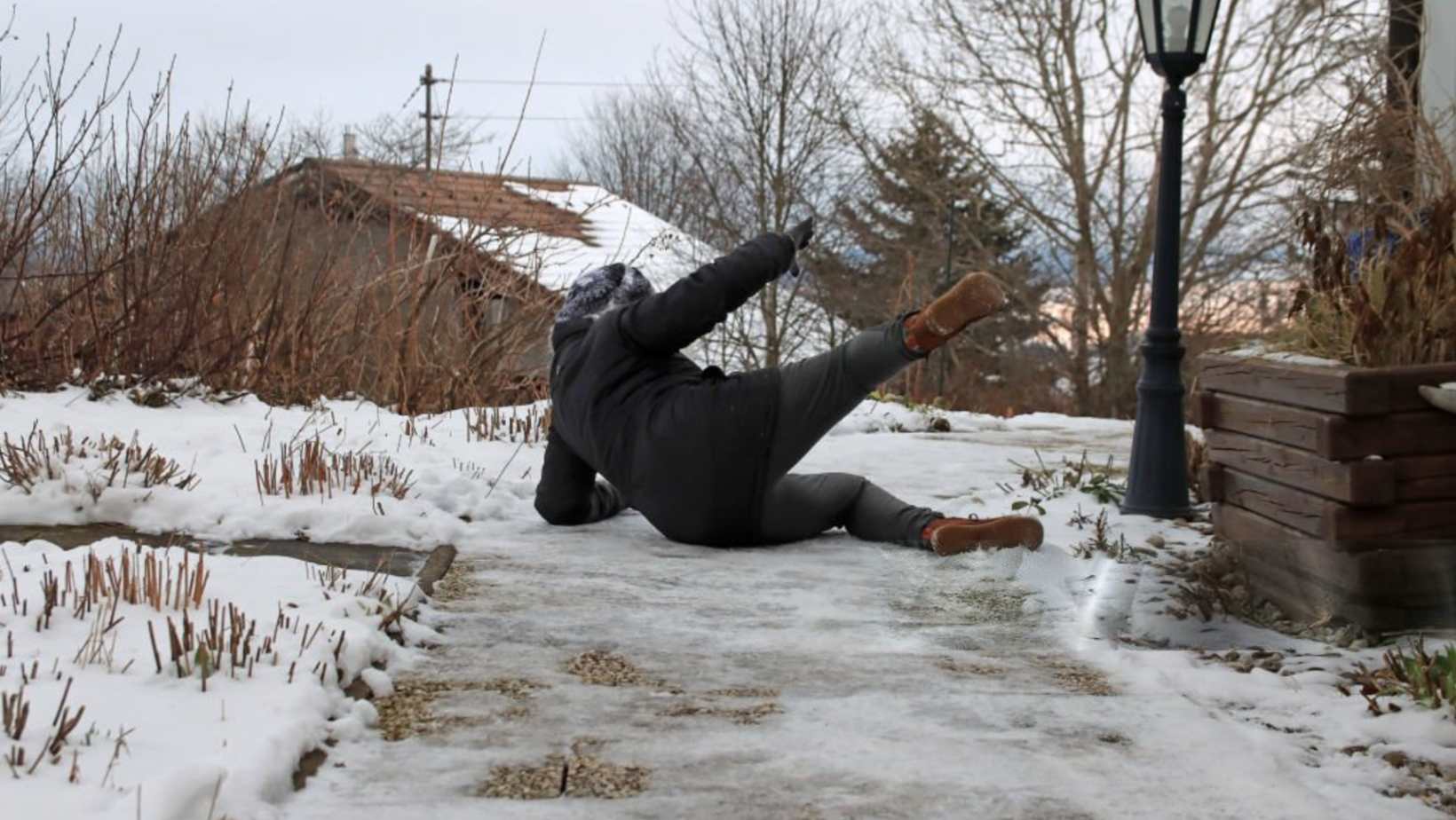The Czech parliament on Friday extended a state of emergency giving the government extra powers to fight the COVID-19 epidemic until April 11.
The cabinet hopes that will be enough to reduce infections to a more sustainable level and start slowly reopening schools and ease curbs on movement.
Over the past week, the daily cases dropped to 7,600 on average from 12,200 in early March, when the government introduced a harsher lockdown and implemented widespread testing at workplaces.
Hospitalisations stood at 7,965 as of Friday morning, down from the peak of 9,462 recorded on March 15. The Health Ministry has said that wider easing of restrictions should come only when hospitalisations drop to around 3,000.
Prime Minister Andrej Babis said on Friday that with the number of new cases and other figures slowing down, some easing, like pupils’ return to schools, might be possible when the current extension of the emergency state expires.
“I firmly hope that this will be the last lockdown,” Babis said in the debate before the vote.
“After Easter, based on the situation, which I am convinced is going in the right direction, we will announce some dates for reopening of schools and other measures,” he said.
The emergency state creates a legal framework for the government to act faster and with stricter restrictions like the limit on freedom of movement.
Lawmakers from Babis’s ANO party, junior coalition partner Social Democrats, and the Communist party backed the extension.
-
NEWSLETTER
Subscribe for our daily news











